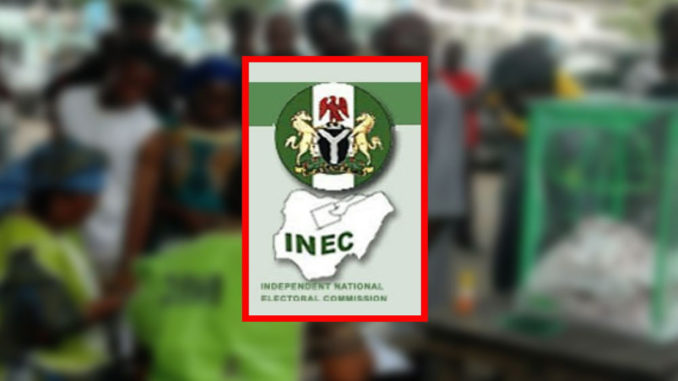
President Muhammadu Buhari, on Friday, suspended the Chief Justice of Nigeria (CJN), Justice Walter Onnoghen, from office. The president, who said he was acting on an ex parte order from the Code of Conduct Tribunal (CCT), which suspended the CJN, also swore in Justice Ibrahim Tanko Mohammed as acting CJN.
Since January 7 this year when a non-governmental organisation, Anti-Corruption and Research Based Data Initiative, led by one Mr. Dennis Aghanya, a former spokesman of Buhari, wrote a petition against Onnoghen on his failure to declare parts of his assets in the banks, activities around the office of the CJN, the Presidency and the CCT, have become hazy. The urgency with which the petition was processed at the CCT, the arraignment of the CJN, the denial of knowledge of the case by the Presidency and the suspension of the CJN have, in the past two weeks, taken such a speedy dispatch that many wonder why other cases have been laying in the courts for ages.
We are not so much concerned about the enormity of the charges levelled against Onnoghen. We need to state clearly that we are not in support of corruption in any way. We are not against the anti-corruption drive of the Federal Government, which, of course, formed one of the three pillars of President Buhari’s major programmes since inception in 2015.
We are, however, concerned by the resort to self-help by the president and his advisers. What is the motive behind the hasty suspension of the CJN by the Presidency, for instance, when in actual fact, the case is at the CCT and pending at various courts up to the Appeal Court. We are aware that on Thursday, last week, a three-man panel of Appeal Court judges had ruled against the trial of the CJN, even after two high courts had ruled that the trial of the case be suspended pending the determination of the suits before them.
At the last sitting of the CCT, the panel of judges there had ruled that they cannot obey the ruling of the high courts because they are courts of coordinate jurisdiction. Hence, the head of the CCT, Mr. Danladi Umar, who himself has a case with the Economic and Financial Crimes Commission (EFCC) over a bribery case, insisted that the trial must proceed. If he cannot obey courts of coordinate jurisdiction, we wonder what happened to the ruling of the Appeal Court on Thursday, before the CCT gave the ex-parte order, which the president obeyed with urgency.
We are convinced that there is more to this case than meet the eyes in the quick obedience of the CCT order by the president, considering that this is a government not known to obey court order with any sense of urgency.
We recall that a former National Security Adviser, Col. Sambo Dasuki (rtd), has been granted bail at three different times and even by the ECOWAS Court, but has been held against court orders since December 2015. We also know that the leader of the Shittes Movement in Nigeria, Mallam Ibrahim El Zakzaky and his wife have been held against court orders for nearly three years now. The Federal Government did not obey such orders at all.
We then wonder why Buhari implemented the order from the CCT on the same day it was granted. We also wonder about the conditions upon which the order was made by the CCT. The case was adjourned to January 28 for further hearing. Were CJN’s lawyers present at the CCT when it made the order? What were their arguments?
We are constrained to believe that the Presidency acted in haste in order to achieve a motive, which is to prevent Onnoghen from swearing-in the 250-man electoral panel, which was the first task performed by Justice Mohammed on Saturday.
We are not in any way exonerating Onnoghen of any guilt as that should be left for the courts. But in adherence to the rule of law, it is not the duty of the Presidency to pronounce him guilty. Section 292 of the 1999 Constitution, as amended, states clearly how a judge of his status could be removed from office. It is clear that provisions were made on the ways of removing the CJN, which in this instance is by the proclamation of two-thirds of the Senate.
In this case, the president neither allowed the court process to run its course nor did he allow the Senate to sit on the matter. Rather, the Presidency resorted to self-help and suspended the CJN.
We find the actions of the president as retrogressive, unwarranted, hasty and in bad taste. We need to sound a note of caution here that it is not Onnoghen that is threatened by the president’s actions; it is the entire democratic process that is in danger. We note that various efforts have been made by the executive arm of government to deal with the legislature, the media and now the judiciary. We reject the resort to illegality in dealing with a perceived illegal act. Otherwise, we can as well support jungle justice, mob action and stoning to death of petty thieves without recourse to appropriate legal arms empowered to deal with such.
We think that the Presidency has overreached its powers by the suspension of the CJN. We object to such orchestrated and choreographed moves aimed at achieving determined ends.
END

Be the first to comment